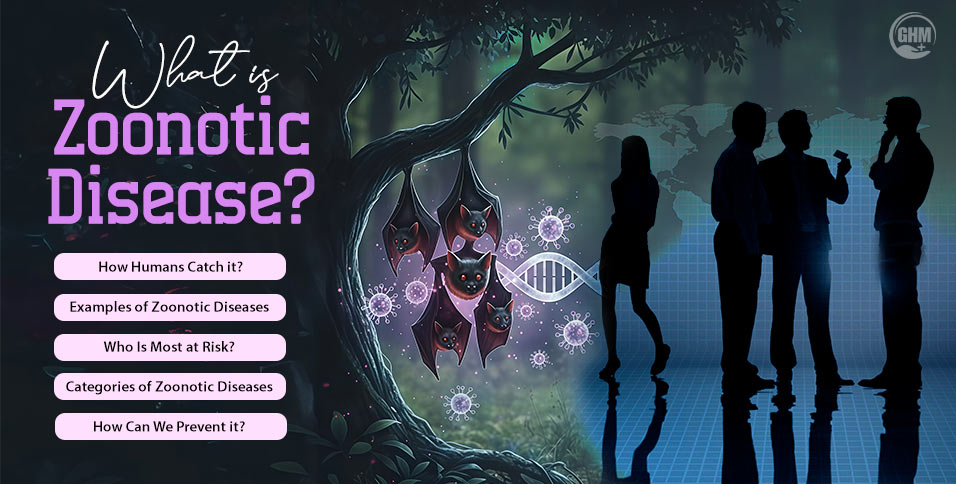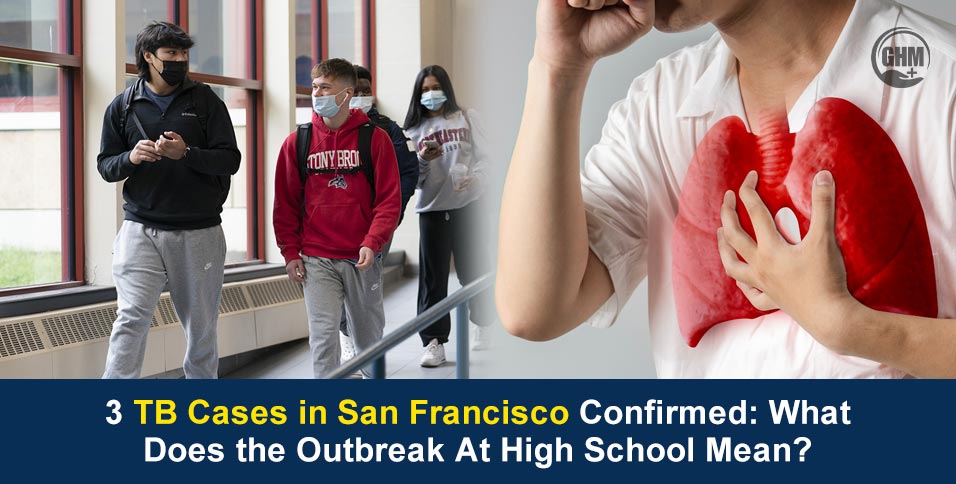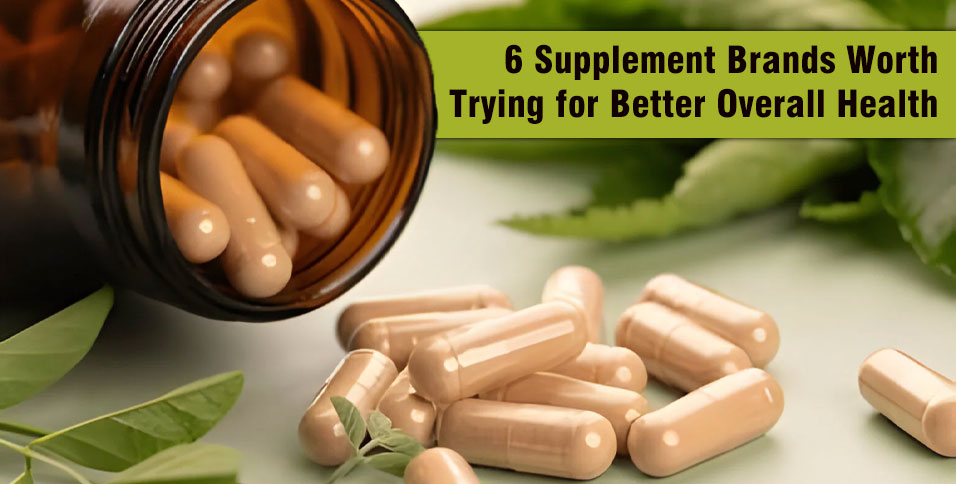Immediate Advisory: Significant FDA Tomato Recall Announced Amidst Salmonella Fears; Top-Tier Class 1 Risk underscores potential for serious health implications, impacting supply chains and consumer confidence across several Southeastern states.
A recent development in food safety has put consumers and businesses on high alert. The U.S. Food and Drug Administration (FDA) has escalated a voluntary recall of certain tomatoes to a Class I designation – its most serious level – due to potential contamination with Salmonella. This FDA Tomato Recall involves products originating from H&C Farms and repacked by Williams Farms Repack LLC, primarily affecting distribution networks in Georgia, North Carolina, and South Carolina. While, crucially, no illnesses have been reported to date, the classification signals a reasonable probability that consuming the affected tomatoes could lead to severe health issues or even death.
Recall Breakdown: What You Need to Know
The recall, initially launched voluntarily by Williams Farms Repack LLC on May 2, 2025, was intensified by the FDA on May 28, 2025, reflecting heightened concern over the potential public health impact. The advisory stems from a notification Williams Farms Repack LLC received on April 29, 2025, from Southeast Tomato Distributors regarding possible Salmonella contamination in tomatoes supplied by H&C Farms.
Products Under Scrutiny:
Consumers and businesses are urged to check their inventory for the following specific tomato products shipped between April 23 and April 28, 2025:
Williams Farms Repack label:
- “4×5 2 layer”
- “60ct 2-layer”
- Three-count trays (bearing UPC: 0 33383 65504 8)
H&C Farms Label:
- “5×6” (25-pound boxes)
- “6×6” (25-pound boxes)
Key Identifiers: All implicated products from Williams Farms Repack and H&C Farms will bear the lot codes R4467 or R4470.
It’s also important for our readers to be aware of a separate, but related, cautionary note concerning Ray & Mascari Inc. 4-count vine ripe tomatoes. These were distributed through Gordon Food Service Stores across 11 states and carry the UPC 7 96553 20062 1 with lot numbers RM250424 15250B and RM250427 15250B. While the bulk of this report focuses on the Williams/H&C recall, vigilance across all tomato purchases is advisable.
Geographic Scope of Williams/H&C Recall:
The recalled tomatoes from Williams Farms Repack LLC and H&C Farms were primarily distributed to wholesalers and distributors in:
- Georgia
- North Carolina
- South Carolina
Timeline of the FDA Tomato Recall
| Date | Event |
| April 29 | Williams Farms notified of possible contamination by Southeast Tomato Distributors. |
| May 2 | Voluntary recall initiated by Williams Farms Repack LLC. |
| May 28 | FDA classifies the recall as Class I. |
| Early June | No reports of illness or death connected to the recalled tomatoes. |
Understanding Salmonella and Its Risks
Salmonella is a common bacterial culprit in foodborne illnesses across the United States, responsible for an estimated 1.35 million infections and over 400 deaths each year. The danger of Salmonella lies in its resilience; the FDA notes that these bacteria can survive for weeks in dry environments and for months in moist conditions, including freezers.
Symptoms of Salmonella infection, known as salmonellosis, typically manifest 6 hours to 6 days after ingesting the bacteria. Be watchful for:
- Abdominal pain and cramping
- Fever
- Headache
- Watery diarrhea (which may sometimes contain blood or mucus)
- Nausea and vomiting
- Loss of appetite
While most individuals recover without specific medical treatment, the infection can pose a severe threat to vulnerable populations, including young children, older adults, and individuals with compromised immune systems. For these groups, complications can be serious.
Consumer Action Plan: Safety First
The FDA and Williams Farms Repack LLC strongly advise the public to take the following steps:
- Inspect Your Tomatoes: Carefully check any recently purchased tomatoes, especially if bought in the affected states, for the brand names, lot codes (R4467, R4470), and UPCs (0 33383 65504 8 for Williams Farms Repack three-count trays; 7 96553 20062 1 for Ray & Mascari 4-count packs).
- Do Not Consume: If you identify any of the recalled products, do not eat them.
- Return or Discard: Affected tomatoes should be returned to the place of purchase for a full refund or disposed of immediately in a manner that prevents others from consuming them.
- Monitor Health: If you suspect you may have consumed any of the recalled tomatoes, monitor yourself for symptoms of salmonellosis. If symptoms develop, especially if severe or in a high-risk individual, seek medical attention promptly.
Industry Measures: Preventing Future Outbreaks
This recall underscores the ongoing challenges in ensuring produce safety from farm to fork. The industry employs a multi-layered approach to mitigate contamination risks:
- On the Farm (Pre-Harvest): Measures include using pathogen-free water for irrigation, proper manure treatment, restricting animal access to fields, promoting worker hygiene, and harvesting produce like tomatoes at optimal maturity (e.g., green tomatoes have shown reduced Salmonella risk).
- In Food Processing Facilities: Strict protocols involve testing raw materials, segregating high-risk ingredients, rigorous cleaning and disinfection routines, zone separation for raw and processed foods, and comprehensive employee training on hygiene.
- During Harvest and Post-Harvest: Maintaining clean equipment, preventing cross-contamination between raw and ready-to-eat foods, and ensuring appropriate storage temperatures are critical.
- Regulatory and Monitoring: Regular microbiological testing, inspections, and meticulous record-keeping are standard practices to enable traceability and early detection.
Empowering Consumers: Your Role in Food Safety at Home
While the industry and regulatory bodies work to prevent contamination, consumers also play a vital role in reducing the risk of foodborne illnesses from fresh produce:
- Wash Thoroughly: Rinse all raw fruits and vegetables under running water before eating, cutting, or cooking. For firm produce, use a clean produce brush. Dry with a clean cloth or paper towel.
- Hand and Surface Hygiene: Wash hands with soap and water before and after handling produce. Clean and sanitize cutting boards, utensils, and countertops.
- Prevent Cross-Contamination: Use separate cutting boards for produce and raw meats. Keep produce away from raw meat, poultry, and seafood in your shopping cart, refrigerator, and during preparation.
- Proper Storage: Refrigerate cut, peeled, or cooked fruits and vegetables within two hours at 40°F or below.
- Follow the “Clean, Separate, Cook, Chill” Guidelines: These are foundational principles for overall food safety.
As of early June 2025, the swift action in issuing this FDA tomato recall appears to have been effective, with no reported illnesses. However, this incident serves as a critical reminder of the vigilance required by producers, distributors, and consumers alike to ensure the safety of our food supply. Global Healthcare Magazine will continue to monitor this situation and provide updates as they become available.













